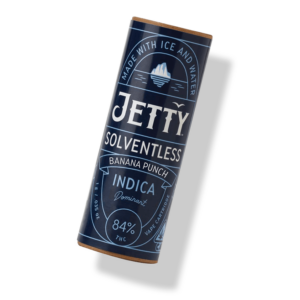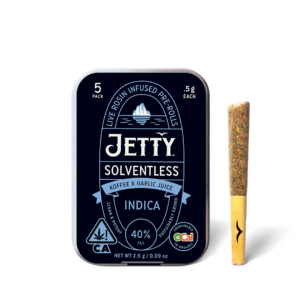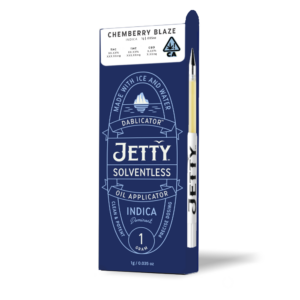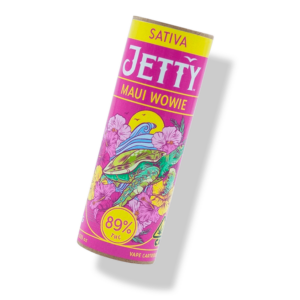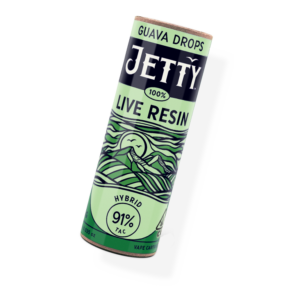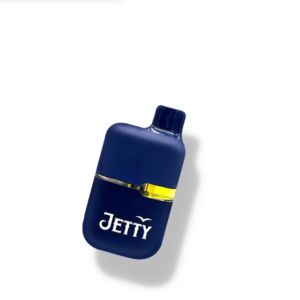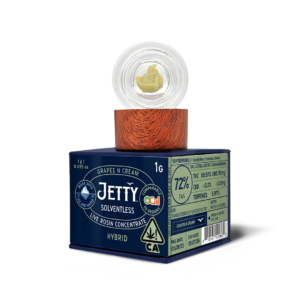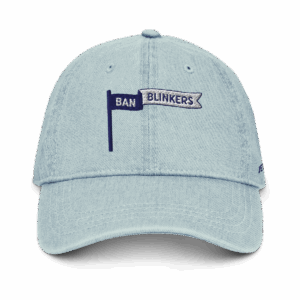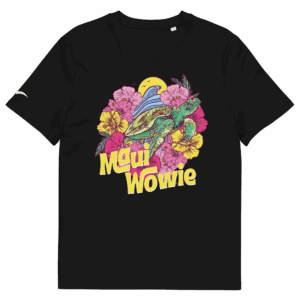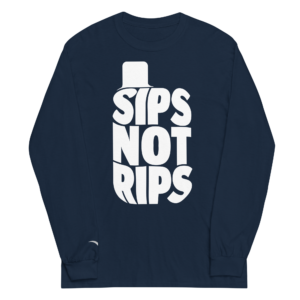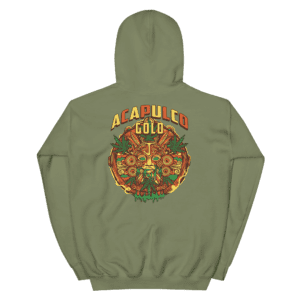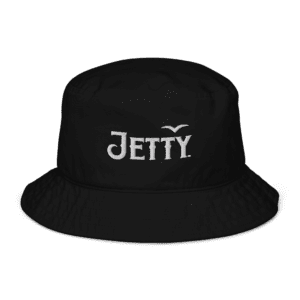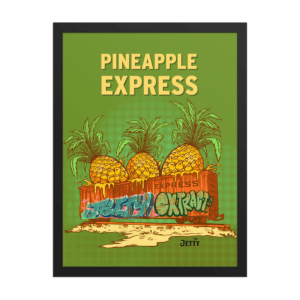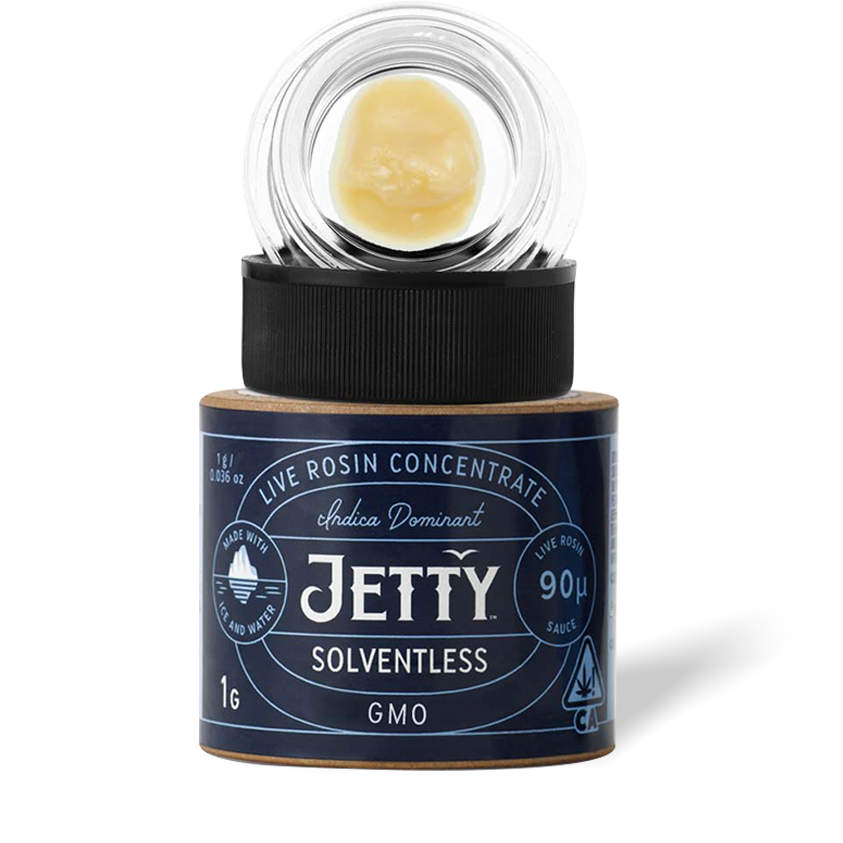Trust what you're consuming

Cannabis and hemp contain hundreds of unique chemical compounds, including more than 60 cannabinoids. CBD and THC are superstars of the group, sometimes working alone, other times working in combination with each other and even other cannabinoids like CBC, CBG and CBN. THC is the psychoactive cannabinoid that’s legal for recreational and/or medical use in some states only, while hemp CBD became federally legal following passage of the Farm Bill in late 2018.
When it comes to CBD, there are two primary formulations:
CBD Isolate and Full Spectrum (sometimes called Broad Spectrum).
Full Spectrum —includes a broader range of cannabinoids, typically with high concentrations of four primary cannabinoids: CBD, CBG, CBC, CBN. Often also contains trace amounts of THC (less than .3% by law).
CBD Isolate — CBD only, isolated from other cannabinoids and mixed with a cutting agent such as coconut oil.
Research suggests that some may benefit from higher concentrations of CBD, while others find better results from the synergistic effects of multiple cannabinoids working together in full spectrum products.
Jetty Full Spectrum CBD focuses on what we like to call the “Full Spectrum Four.” It’s a unique blend of CBD, CBC, CBN, CBG and other native plant compounds that are believed to amplify the overall impact1, contributing to what is known as the “entourage effect.” Our blend does not use any cutting agents like coconut oil—it’s simply hemp oil and other natural flavorings. Note that trace amounts of THC may be present in full spectrum CBD oils, at or below the legal limit of .3% or less.
1Medium/CBDOrigin, Full Spectrum vs Broad Spectrum vs CBD Isolate: The Difference Explained
Note: By law, Full Spectrum CBD may include trace amounts of THC no greater than .3%.
